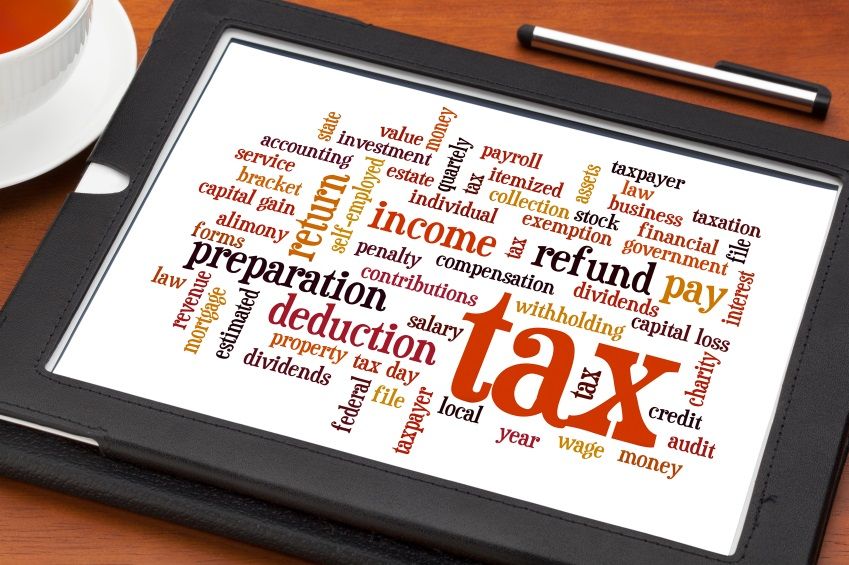Saving a proportion of your income for the rainy days is as important as earning for a living. The more you save and plan for your future, the more security you will have in times of emergencies. Experts suggest saving at least 20% of the income on a monthly basis for retirement funds. What should always be remembered is that it is never too late to save. With a few easy steps, you can save much more than you plan to. This article includes 5 basic and easy tips for saving enough for your retirement.
1. Maximizing the 401(k) plan
Majority of the companies today provide their employees with the facility of the retirement savings plan. The 401(k) plan requires the involvement of the employer to open and protect individual employees’ accounts where they can put a chunk of their income before the deduction of taxes. This eases the burden of the employees towards saving for the retirement. Also, the account has limited access and can only be withdrawn in critical situations only. If your company does not have the plan yet, you can suggest your boss the idea to collaborate and provide all the employees with this opportunity.
2. Direct extra money towards retirement
It is true that the more money you get your hands onto, the more you are likely to spend. Although rarely, you may come across a situation where you win some extra money through a lottery or a very lucky opportunity, your first thought would be to use it to upgrade your life. However, if you are keen on saving for your future, quickly deposit it in your retirement fund. This will not give you a chance to have second thoughts, since this money was not the from your routine earnings.
3. Try to earn extra
It is important to maintain a work-life balance, but since people are becoming busier they often find lesser time for socializing. However, if luckily you do find some spare time you should take it as a chance to look for opportunities to earn some extra revenue. The best way is to work overtime and earn more than the income, but if that is not the case, then you can find other options to earn in other part-time jobs. Then if not all, then you can put away a chunk of this extra money in your retirement account.
4. Liabilities and debts
One common mistake that most people make is that they choose to save more and pay less of their debts and payments. Then when the payments pile up, they end up using their savings to clear off the dues. It is not wise to save when you have payments to make. Therefore, the first priority should be to save little and spend more on making payments and clearing debts. For additional guidance, you can consult debt and payment advisers and can work out a plan. Here are some awesome tips for saving for your retirement.
5. Save securities as the last option
When the states assist you for health and benefits and pension securities, consider the dependence on the governments as your backup plan. When everything else fails, you can rely on the state for some assistance that can support you for a while.
Conclusion
The biggest thing that you need to work on is your cash and income flow management. It is important to keep a track of your earning and spending monthly. If you notice a pattern of spending more then that means you may face deficits in the future. As much tempting should spending be, it is always better to look at things from a whole view. Once you start saving, it will soon become a regular habit and you will be planned and well-prepared for the future.




Leave A Comment